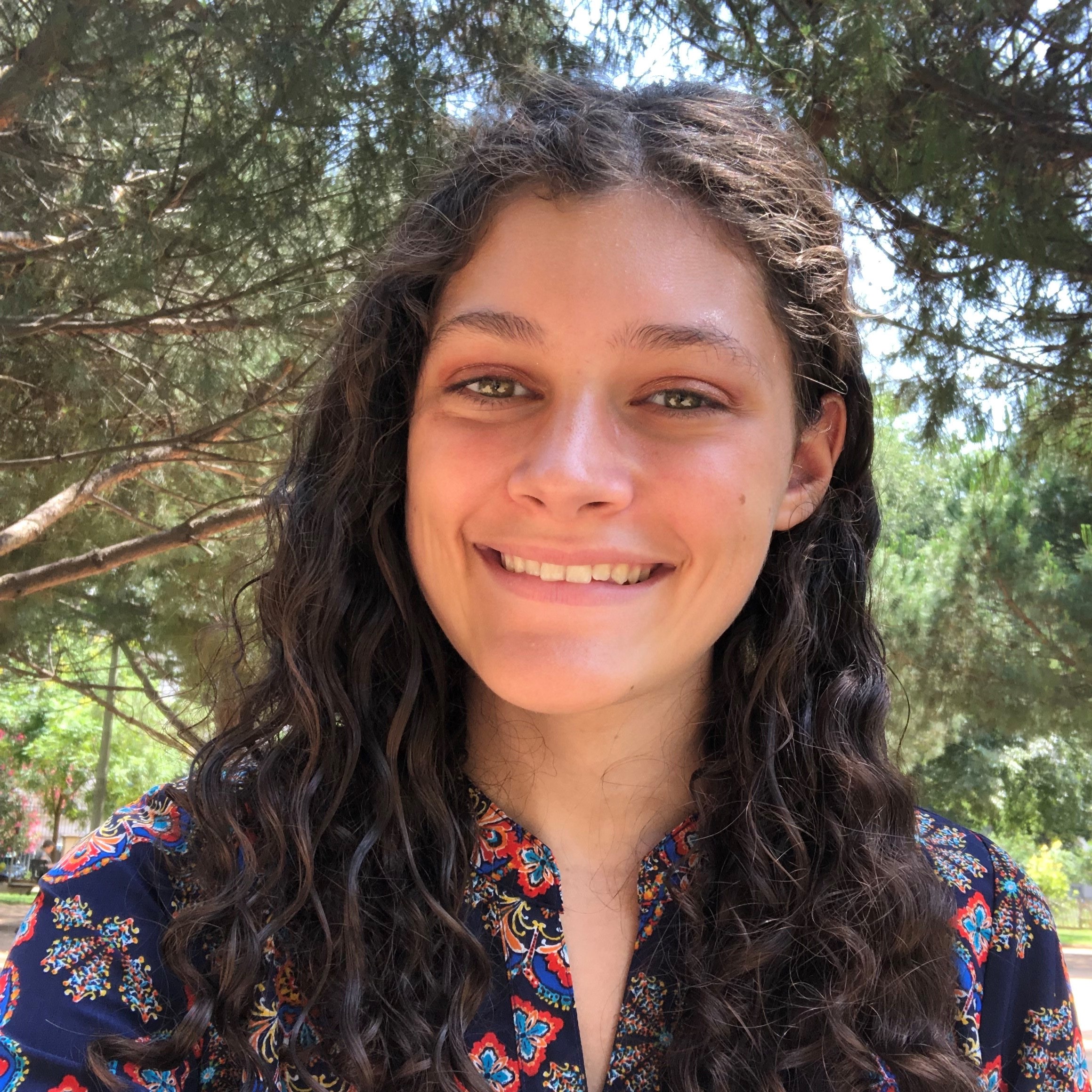Education First is dedicated to amplifying and elevating the voices and unique lived experiences of students, families and educators across the country. This guest blog is authored by Ava Jolley, a high school junior from North Salem Public High School in Westchester County, New York. Her perspective as a biracial American drives her to look for solutions to dismantle systemic race-based inequities.
All my life, I have been taught that change emerges from open conversations. It’s what my teachers have drilled into me—analyze information, apply it to the real world, and engage in academic debate. This is why it felt natural for me, and many students across the nation, to react to the senseless deaths of Ahmaud Arbery, Breonna Taylor, George Floyd and many others in the best way we knew how: through articulated, fact-driven conversations.
But, what if the students engaging in these conversations across the country were never taught the full, unedited picture in the first place?
Take for example, a ten-page post that my fellow classmates posted last week, cutting straight to the idea that George Floyd’s death wasn’t race induced –suggesting, in fact, that racism in America does not exist. Her post used buzzwords like “blue lives matter” and “black on black crime” and culminated in the final argument against reparations. “Why give money to a black person,” she asked, “who refused to embrace hard work?” After all, her parents had pulled themselves up by their bootstraps; why should her family pay for their ancestors’ sins?
It was with no sense of irony that she posted this just days after posting a picture in memoriam of George Floyd.
Flagrant racism always cuts deep, but I realized in this case I was more bothered by her ignorance. These weren’t just racist opinions and misguided morals; the vitriol she spewed also was blatantly, factually inaccurate. Our school system, which promises to encourage “critical and creative thinking,” had failed her. My classmate, like so many other students across America, was completely unprepared to engage productively in the conversation about race relations, because the history she was taught glossed over or misrepresented institutional racism.
Living in an affluent (albeit predominantly white) New York City suburb that is relatively liberal and has a well-funded education system with a highly-educated staff, I expected that I would be given a strong, foundational education on race. Yet I found gaping holes in our race curriculum: the phrase “redlining” never once passed a teacher’s lips in the 12 years I’ve been in school, let alone discussions of the far-reaching effects of mass-incarceration and a racist justice system.
Instead of engaging in discussions on racism as a pervasive institution that continues to systematically affect people of color, race education is limited to a few distinct time periods and conversations – the triangular slave trade in the 17th and 18th century, the tumult leading to the Civil War 19th century, the brief post-war Reconstruction, and the retaliation to Jim Crow in the 20th century.
Most of these threads of history are reduced to 5-minute lectures and maybe 2 sentences in a textbook. Institutional racism is always framed in the past, and lessons on present-day racism are limited to discussions of individual biases and stand-out instances of discrimination. As if racism today is not a system that educated white liberals partake in—not a part of the average person of color’s life.
To be clear, this is not a teacher problem. It’s a curriculum problem. Even teachers who are painfully aware of the racism in their courses—like my U.S. history teacher, who gave me a long, detailed reaction to how American history classes undermine racism—are unable to fight the system. Unfortunately, he explains, he is limited by a curriculum scope and sequence that is designed to teach specific details about history, with a very compact timeline. For example: The Civil Rights Movement is included in Period 8 the AP US History Scope and Sequence. Teachers have a mere 20 class periods to cover 15 different subunits spanning 1945-1980. If the class spends any time outside the mandated, race-biased curriculum, we fall behind. In addition, the learning objective asks students to “Explain the various ways in which the federal government responded to the calls for the expansion of civil rights”—completely ignoring the cultural effects of Civil Rights, or the prevailing vestiges of racism that remained. Poorly educated, we are left ignorant to the far stretching arm of America’s systemic racism.
This is why students are able to talk about racism as fake news, something that doesn’t really exist, without batting an eye. Without access to a proper vocabulary or understanding of our history, how could anyone be asked to be anti-racist?
I have always been fascinated by race relations in our country. Always had the benefit of parents who are deeply knowledgeable of these issues. But what about the students who don’t get excited by these discussions? What about the students whose parents are not an additional resource in this area? Should they be left behind?
At-home conversations and self-teaching are not adequate vessels for education. To build an educated, open-minded population, our school needs to be the primary support system. Our schools can’t leave us to learn these essential lessons on our own.
I’m 17 years old. When writing this op-ed, I realized I don’t have the depth of knowledge to fully explore each instance in which we white-wash and erase history, nor the experience to fully identify the other places wherein we can create a stronger foundation for our education. But that’s not my job. That’s not my burden. I’m 17 years old, and I shouldn’t have to structure my own curriculum.
I’m 17 years old – what else am I missing?

